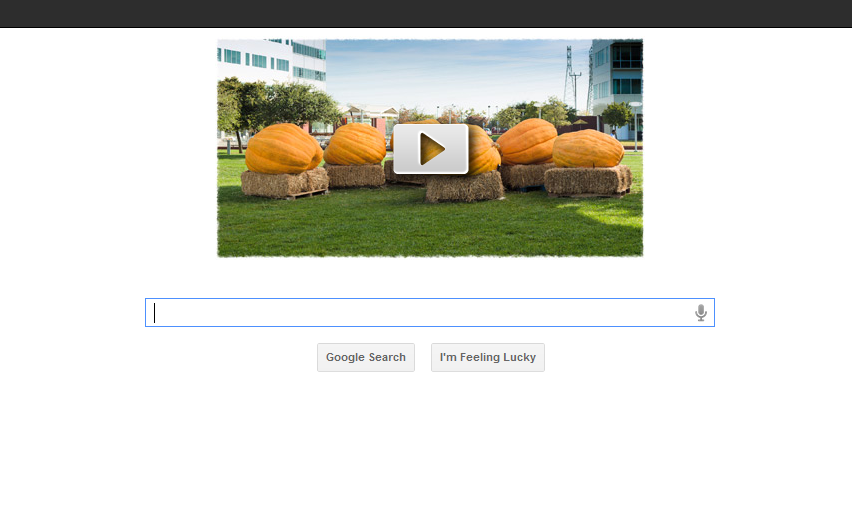It began before October, but the search buzz related to Halloween peaked on Monday as the holiday finally rolled around. On Monday afternoon, five of the 20 most popular search terms were directly related to Halloween, according to Google Trends.
“Happy Halloween” was most popular at No. 3 with “dia de los muertos” coming in at No. 7.
In general, Americans are quick to research any popular topic on search engines. For marketers, the opportunities to leverage these trends into improved page views and more lively content can be greatly beneficial. While forcing any keyword – seasonal or otherwise – into content is a bad idea, discussing an industry-specific event or issue as it related to a popular topic will help boost the visibility of the content.
Other popular Halloween-related search terms include “Samhain,” the Celtic festival and “all hallos eve.” Working these terms into content can be difficult, and it should never be forced. When appropriate and creative, though, it will make content more timely and appealing to people.
For instance, one parenting website (selling diapers, bibs and other baby supplies) creatively took on a Halloween topic that might catch clicks from parents. In its blog entitled, Who Poisons Halloween Candy, BabyCenter.com takes on the myths about razor blades hidden in apples from a perspective that might put parents at ease. In the early afternoon, the post reached the top of Google Blog search results for the phrase “Halloween candy.”
If marketers missed their chance to catch trending October phrases, they will have the opportunity next month. Based on search trends, people have already started looking ahead to November. “Veterans Day” was the 11th most popular search term this afternoon, as people prepare to honor soldiers from all branches of the military. Additionally, expect Thanksgiving to claim a spot on Google Trends top results throughout the month, along with terms related to Christmas and holiday shopping later in the month.
When done effectively, using timely, popular keywords will help content marketing and SEO campaigns thrive. Brafton has frequently reported that using keywords where they read awkwardly within a sentence will drive readers from a website, rather than compelling them to interact and convert.




